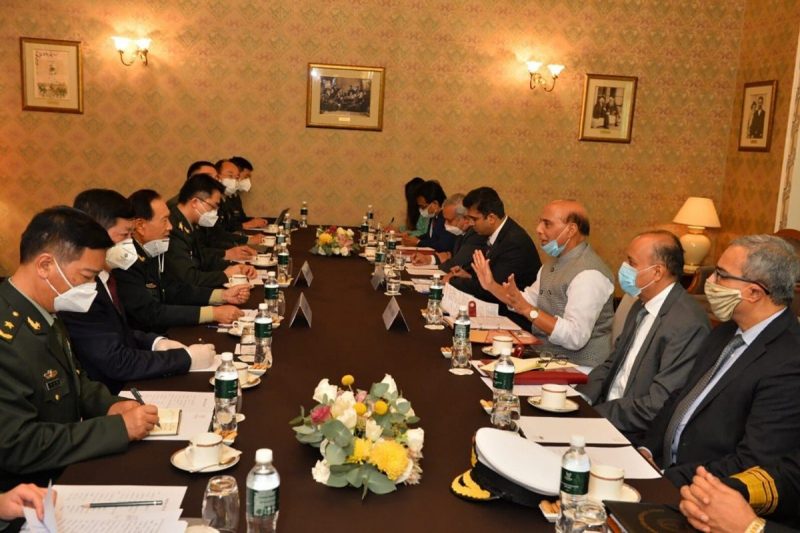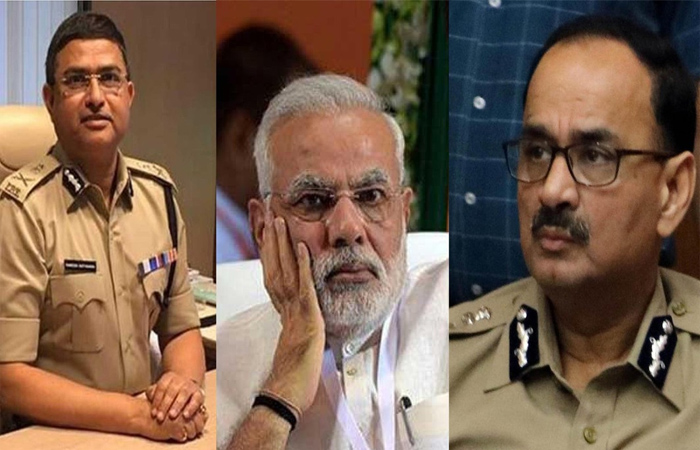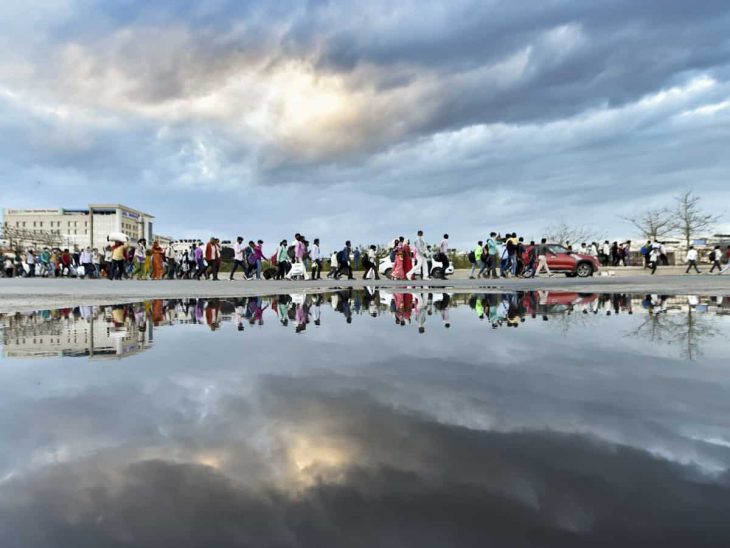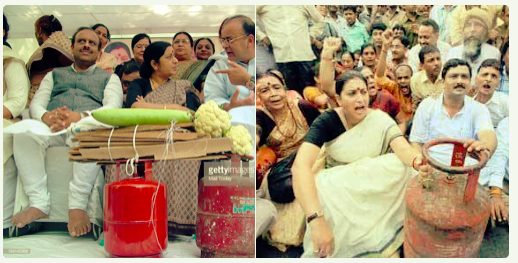China-India relations continue to play blame game and both sides urge restraint in border stand-off
India said its troops had thwarted an incursion by Chinese troops, but China accused the other side of crossing the established lines of control.
India’s minister of external affairs Subrahmanyam Jaishankar is also slated to meet his Chinese counterpart Wang Yi in Moscow on the sidelines of the SCO foreign ministers’ meeting next week.
Chinese Defence ministers Wei Fenghe and Rajnath Singh hold first face-to-face meeting since start of stand-off along Himalayan border Despite calls for restraint, they continue to blame the other side for the confrontation
“It is hoped that India will strictly abide by the series of agreements reached between the two sides, refrain from provocations on the current Line of Actual Control (LAC), refrain from actions that may cause the situation to heat up, and refrain from deliberately hyping and disseminating negative information,” Wei told Singh, according to the state news agency Xinhua.
In a statement issued by Indian defence ministry, Singh said that “the current situation should be handled responsibly and neither side should take any further action that could either complicate the situation or escalate matters in the border areas”.
“The two sides should continue their discussions, including through diplomatic and military channels, to ensure complete disengagement and de-escalation and full restoration of peace and tranquility,” the statement continued.
Despite the calls for calm, both Indian and Chinese sides continued to blame each other for the stand-off that started in May.
“The cause and truth of the current tension on the border are very clear, with the responsibility lying entirely with India,” the Xinhua report quoted Wei as saying.
“China cannot lose one inch of its territory,” Wei said. “The Chinese military is fully determined, capable, and confident of safeguarding national sovereignty and territorial integrity.”
Indian defence minister Singh, on the other hand, blamed “aggressive behaviour” by Chinese soldiers for “changing the status quo” along the LAC, the de facto border between the two sides.
Wang Dehua, a South Asia specialist at the Shanghai Municipal Centre for International Studies, said Saturday: “Overall, I think the meeting is better than no meeting. Both sides do not want to go to war.”
He said the Chinese side has initiated the meeting adding that he believed Russia had tried to act as a mediator.
“If you deduct the time for translation, they spent more than an hour in discussion. They have probably discussed measures to prevent further escalation,” Wang continued.
In the statement, Singh also said that both sides should work for “complete disengagement” and “de-escalation” at the earliest opportunity “from all friction areas including Pangong Lake”.
An Indian source said the reference to Pangong Lake was evidence of India’s concerns that it was now the main potential flash point.
The two sides have amassed troops and artillery at various points along the undemarcated LAC and in June a clash between the two sides in the Galwan Valley left 20 Indian soldiers dead and caused an undisclosed number of Chinese casualties.
A senior Indian military officer was quoted by Associated Press as saying local commanders had met for the sixth straight day on Saturday to try to iron out differences in the Chushul area in Ladakh, where new flash points emerged last week.
Reuters reported on Friday that the Indian army chief of staff Manoj Naravane, who was inspecting the Line of Actual Control, said that he believed negotiations between the two sides could help resolve the situation.
US President Donald Trump said America was ready to help resolve the dispute between India and China, adding that the situation was “very nasty” and the two countries were “going at it much more strongly than a lot of people even understand”.
However, Reuters also reported that a US government source said that Washington understood that neither side was interested in pushing the dispute to the point of war.
BR Deepak, a professor of Chinese studies at New Delhi’s Jawaharlal Nehru University, said the meeting between the two defence ministers showed that divisions remained deep. “To me, the Indian and Chinese versions are like two parallel lines, which are unlikely to converge.
“We are nowhere near resolving the issue even at the level of defence ministers.”









